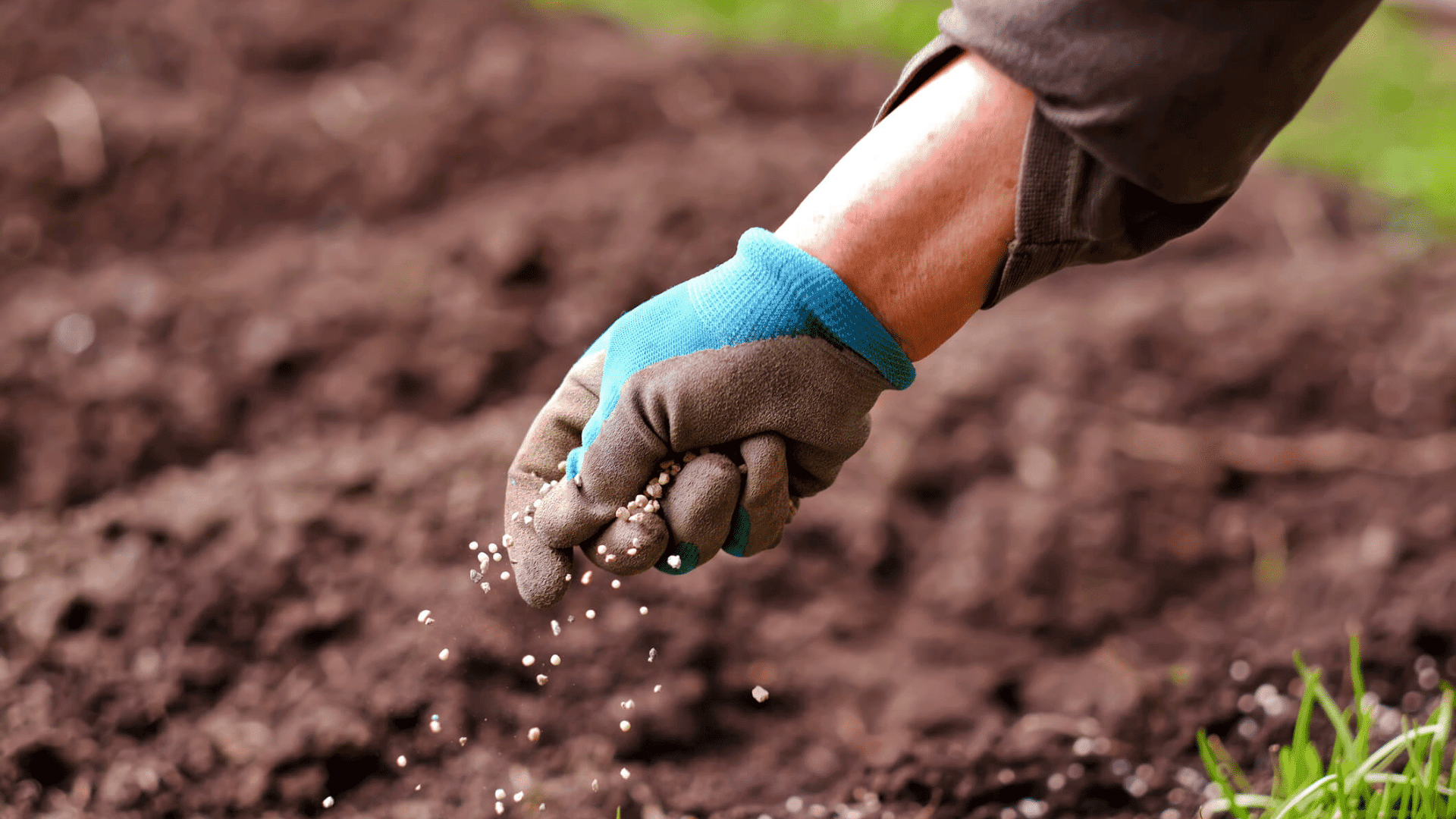Introduction
Composting directly in your garden is a simple, efficient way to improve soil health and boost plant growth without the need for bulky compost bins. This method, often called “in-ground composting” or “trench composting,” allows organic waste to decompose right where your plants grow, returning vital nutrients directly to the soil. In this article, we’ll explore how to compost directly in your garden, the benefits it offers, and actionable tips to do it effectively.
What Does Composting Directly in Garden Mean?
Composting directly in the garden involves burying kitchen scraps, garden waste, and other organic materials straight into the soil. Unlike traditional compost piles, this technique skips the collection and turning process, allowing the materials to decompose underground where earthworms and microbes break them down.
Benefits of In-Ground Composting
- Enhances soil fertility by adding organic matter and nutrients where plants need them.
- Improves soil structure and moisture retention, promoting healthier root systems.
- Reduces kitchen waste and lowers landfill contributions.
- Minimizes pest attraction compared to exposed compost piles.
How to Compost Directly in Your Garden: Step-by-Step
1. Choose the Right Spot
Select areas in your garden where you plan to grow plants later or where soil improvement is needed. Avoid spots with existing plant roots to prevent disturbance.
2. Dig a Trench or Hole
Dig a trench or hole about 12-18 inches deep. The size depends on the volume of your organic waste. A trench works well for ongoing composting, while holes suit batch composting.
3. Add Organic Materials
Place kitchen scraps like vegetable peels, coffee grounds, crushed eggshells, and garden waste into the trench. Avoid meat, dairy, and oily foods to prevent pests.
4. Cover with Soil
Backfill the trench with the original soil to cover the organic matter completely. This helps speed decomposition and keeps pests away.
5. Wait and Plant
Allow several weeks to months for decomposition. You can plant directly above the composted area once the materials break down, benefiting from nutrient-rich soil.
Tips for Successful Direct Composting
- Chop materials into small pieces to accelerate decomposition.
- Rotate composting spots yearly to avoid nutrient depletion in one area.
- Maintain moisture by watering the compost trench if soil is dry.
- Incorporate worm castings or soil inoculants to boost microbial activity.
Addressing Common Concerns
Will Composting in the Garden Attract Pests?
Properly burying organic waste and avoiding meat or dairy significantly reduces pest risks. Covering the compost with soil also deters animals.
How Long Does It Take to Decompose?
Decomposition speed depends on soil type, temperature, moisture, and material size. Typically, it takes 1-3 months for kitchen scraps to break down underground.
Can I Compost All Kitchen Waste in the Garden?
While most vegetable and fruit scraps are safe, avoid composting meats, dairy, oils, and diseased plants directly in the garden.
Expert Insights and Real-World Applications
Soil scientists emphasize that in-ground composting enhances microbial diversity, which improves nutrient cycling. Case studies from sustainable farms show increased yields when using trench composting methods.
Master gardener Lisa Steele notes, “Composting directly in the garden is a low-maintenance way to nourish plants naturally. It’s perfect for gardeners who want to recycle waste without managing compost piles.”
Conclusion
Composting directly in your garden is an effective, eco-friendly practice that enriches soil, reduces waste, and promotes healthy plant growth. By following simple steps—digging trenches, adding organic matter, and covering it with soil—you harness nature’s decomposers to work right where your plants need them. Whether you have limited space or want to simplify your gardening routine, in-ground composting offers a practical solution. Start composting directly in your garden today and watch your soil and plants thrive naturally!
